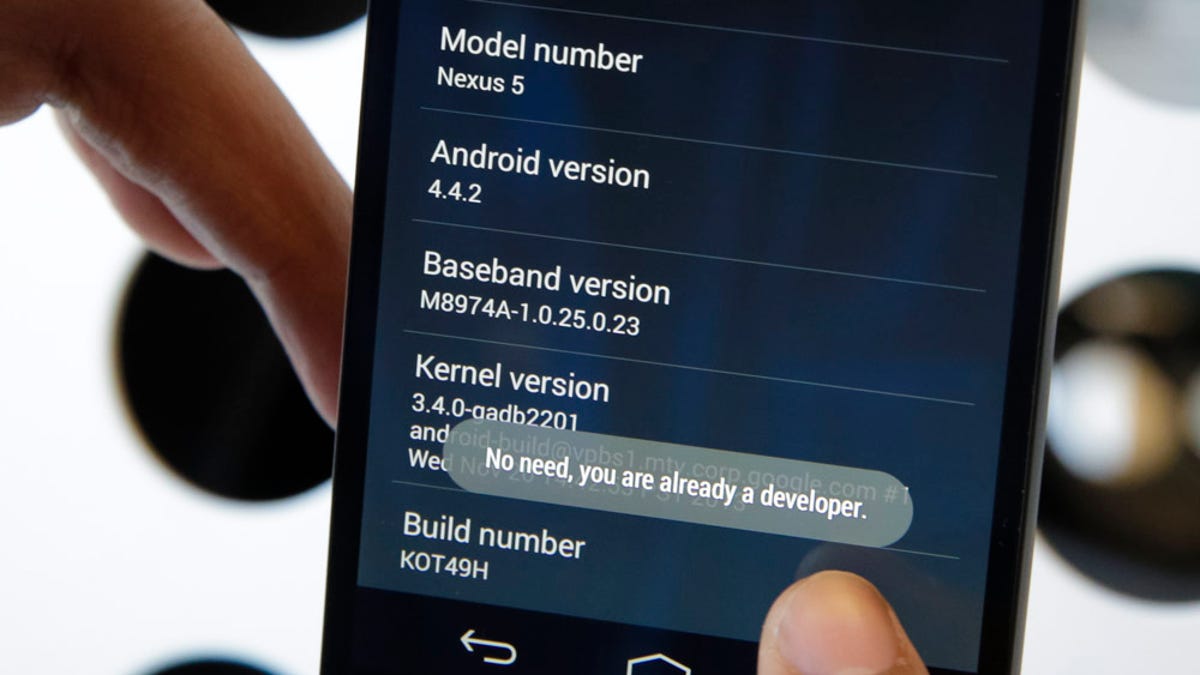Root access on an Android smartphone is a term that often sparks curiosity and raises questions. What does it mean? How does it work? And why should you keep track of apps that ask for root permissions? In this comprehensive guide, we will delve into the world of root access, its implications, and the reasons why you should be cautious when granting such permissions.
Understanding Root Access
When you root your Android device, you gain privileged control and access to the hardware of the device. In essence, it provides you with administrative (superuser) permissions, allowing you to use your device to its fullest potential. Android devices, which are based on the Linux kernel, can benefit from rooting in various ways.
One of the primary reasons for rooting a device is to overcome limitations imposed by the original equipment manufacturer (OEM). For instance, if you have an older smartphone that no longer receives software updates, rooting can enable you to install a custom ROM of the latest Android version, thus extending the lifespan and functionality of your device.

The Mechanics of Root Access
Once you have successfully rooted your device, you unlock its full capabilities. However, it is important to note that rooting your device comes with certain consequences. By rooting your device, you will void the warranty provided by the OEM, with a few exceptions. Therefore, it is crucial to consider the implications before proceeding.
To root your device, you can find detailed instructions on various reputable websites dedicated to Android rooting. It is essential to follow these instructions carefully to avoid potential risks. One of the most significant risks associated with rooting is the possibility of bricking your device, rendering it unusable.
How Root Access Benefits Apps and Companies
Apps that have root access gain virtual control over your device. While this can be advantageous for certain purposes, it also raises valid safety concerns. By granting root access, you allow apps to penetrate deeper into your device’s hardware, including access to the microphone, camera, location settings, and even CPU performance.
The ability to control CPU performance is particularly appealing to apps that require enhanced processing power. However, it is crucial to exercise caution and carefully evaluate whether you trust a particular app enough to grant it such extensive access to your device.

Should You Grant Root Access?
The decision to root your smartphone depends on your level of expertise and your specific needs. If you consider yourself a power user and are eager to maximize your device’s potential, rooting may be a viable option. However, it is essential to proceed with caution and be aware of the potential risks and consequences.
On the other hand, if you primarily use your device for sensitive activities such as personal banking transactions, it is advisable to refrain from rooting. Rooting your device can compromise the security measures provided by the device’s software, potentially exposing your personal information to security threats.
Paytm’s Root Access Controversy
The recent controversy surrounding Paytm, a popular payments app, brings the issue of root access to the forefront. Paytm had been requesting root access on Android devices, leading to questions about why they required such extensive permissions. Paytm founder Vijay Shekhar Sharma addressed the issue on Twitter, stating that the National Payments Corporation of India (NPCI) required them to check for rooted devices to enable UPI (Unified Payments Interface) functionality. However, Paytm has since ceased asking for root access.

Monitoring Apps with Root Access
To keep track of apps that require special access on your smartphone, you can navigate to the settings menu and select ‘Apps.’ Here, you will find a list of installed applications and their respective permissions. By examining the app permissions, you can determine which apps have access to specific hardware components and decide whether to grant or revoke these permissions.
It is crucial to regularly review the list of apps with root access on your device to ensure that no unauthorized or potentially malicious apps have gained control. By staying vigilant and monitoring app permissions, you can maintain better control over your device’s security and protect your personal information.
Conclusion
Root access on an Android smartphone provides users with privileged control over their devices, allowing them to maximize functionality and overcome limitations imposed by OEMs. While rooting can be beneficial for power users, it is essential to consider the potential risks, such as voiding the device’s warranty and compromising security measures.
Granting root access to apps should be approached with caution, as it provides them with extensive control over your device’s hardware. It is important to evaluate the trustworthiness of an app before granting root permissions. Regularly monitoring app permissions and staying informed about root access controversies, such as the Paytm case, can help you maintain a secure and reliable Android experience.
Remember, the decision to root your device is a personal one, influenced by your needs and level of expertise. Proceed with caution, stay informed, and make an informed choice that aligns with your priorities and preferences.
